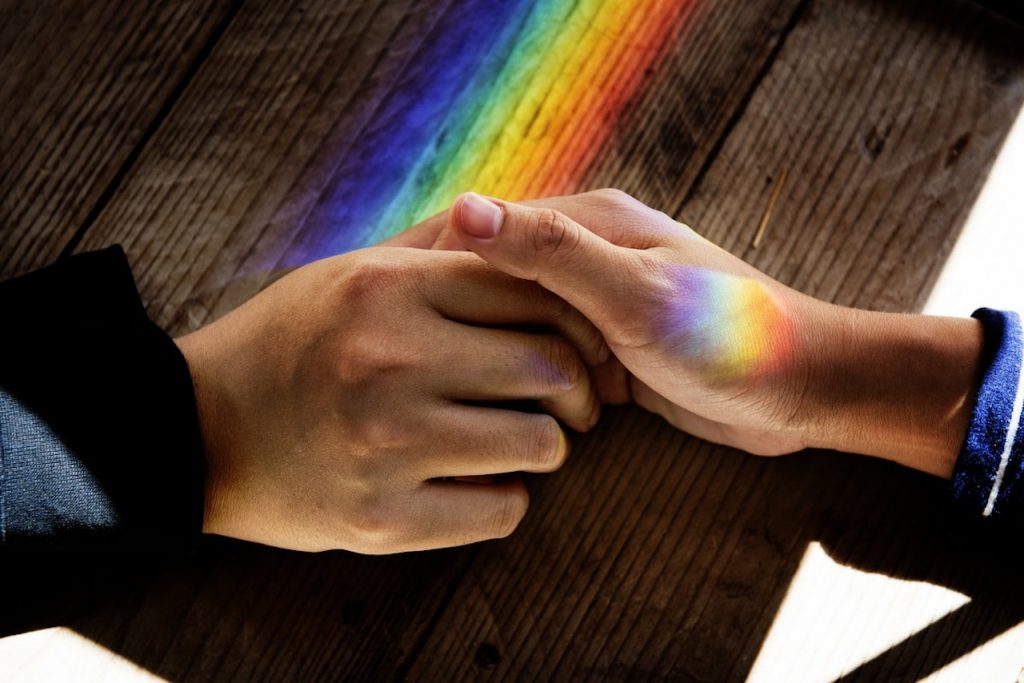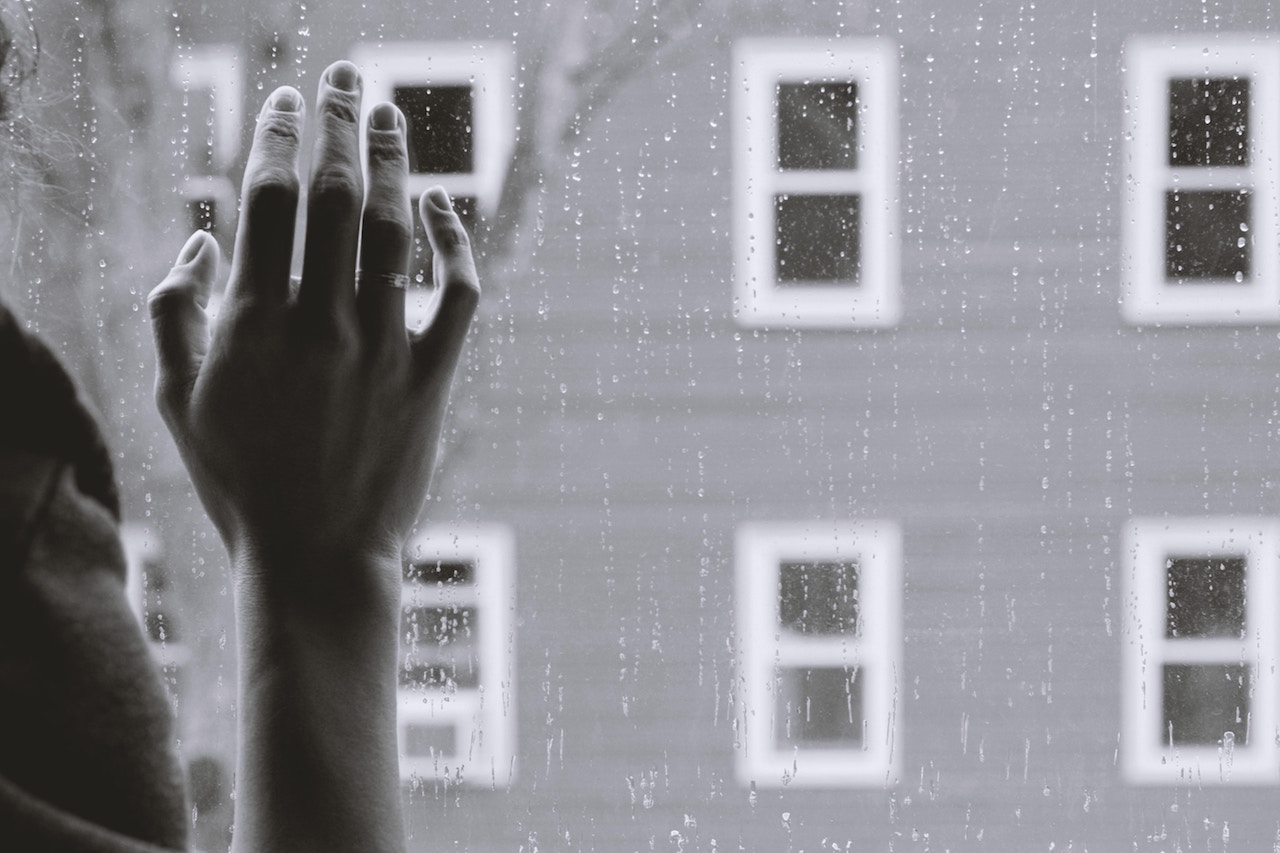Gaslighting: Legal Support and Protection
By Scherezade Siobhan
This article is Part 3 of a series unpacking the issues around what is called ‘Gaslighting’. Do read Part 1: Gaslighting: Red Flags and Part 2: Gaslighting: Getting Help and Healing
One part of emerging as a survivor of gaslighting and the traumatic fallout of abuse is to seek mental health help to rebuild the self, and steer interpersonal relationships towards calmer waters. The other pertinent aspect is to be aware of your rights and the available legal recourse in these cases.
While we don’t have a concrete law or policy that addresses gaslighting head on, here is a quick summary of laws that center domestic violence including mental and emotional abuse –
- The Indian Penal Code Amendment in 1983: Under a special section – 498-A – domestic abuse and cruelty are criminalised in India. There is a special focus on married women, and this includes acts of violence committed by husband and family members, including but not limited to in-laws. It is also noteworthy that in the event the person suffering abuse can’t step up and make a complaint, their kin and family members are allowed to do so on their behalf. This is particularly significant if you are witnessing someone around you deal with brutality and know that there are underlying complications which disallow them to leave the situation. In these instances, you have the legal right to register a complaint. Included in this policy are acts of physical abuse, marital rape, denial of basic sustenance including food, mental and emotional torture and holding a woman captive against her will.
- The Protection of Women from Domestic Violence Act 2005 – This act came into force in October 2006 and was the eponymous attempt at defining “domestic violence” by expanding beyond physical elements and including mental and emotional abuse. This edict covers the entirety of India with the exception of Jammu and Kashmir, which have their own specific laws including one for domestic violence that was actioned in 2010.
Here is an official definition for areas covered under this Act –
Domestic violence is defined by Section 3 of the Act as “any act, omission or commission or conduct of the respondent shall constitute domestic violence in case it”:
- harms or injures or endangers the health, safety, life, limb or well-being, whether mental or physical, of the aggrieved person or tends to do so and includes causing physical abuse, sexual abuse, verbal and emotional abuse and economic abuse; or
- harasses, harms, injures or endangers the aggrieved person with a view to coerce her or any other person related to her to meet any unlawful demand for any dowry or other property or valuable security; or
- has the effect of threatening the aggrieved person or any person related to her by any conduct mentioned in clause (a) or clause (b); or
- otherwise injures or causes harm, whether physical or mental, to the aggrieved person.”
The Act goes on, through the section Explanation 1, to define “physical abuse”,”sexual abuse”, “verbal and emotional abuse” and “economic abuse”.
What can you expect from the courts when you file a complaint?
“The judge or the Magistrate can order many different measures under this law in order to ensure your protection and well-being. This includes protection orders (ordering the offender to stop violence), residence orders, monetary relief, custody orders and compensation orders.” It is also relevant to mention that this law protects not just legally bound spouses but also live-in partners. Apart from that, it broadens its scope through inclusion of all women living in a particular household including widows. Short drift of it: Anyone who has a relationship with the abuser/perpetrator (e.g. mother, sister, daughter et al) has the right to seek legal help in the event of abuse. Apart from enacting physical abuse, this law also holds people accountable for threats and intimidation which directly link it to prosecution for gaslighting as well. It serves to protect any aiding agencies including NGOs who come forth to help women seek shelter and safety away from the abusive environment.
- Criminal Law (Amendment) Act, 2013 (also referred to as “Nirbahaya Act”): The Lok Sabha passed this legislation in 2013 in the aftermath of the heinous December 2012 assault and murder. It was constituted by a judicial committee headed by Justice J. S. Verma and its critical premise was “to do everything in their power to take up radical reforms, ensure justice and reach out with robust public services to make women’s lives more safe and secure”. It aimed to address issues related to stalking and voyeurism along with physical, mental and emotional sadism. This law has met with its own share of criticism on account of a narrow approach to the idea of gendered violence as well as not heeding suggestions from gender rights groups asking for amendments to certain clauses, however it is still useful to be cognisant about its general existence and breadth of application.
There are also several NGOs, agencies, groups and community initiatives that provide assistance and help. Yourstory has published a comprehensive list you can refer to in case you need to contact one of them.
ALSO READ: TEN THINGS TO KNOW ABOUT DOMESTIC VIOLENCE

Often the conversations about gaslighting are centered around intimate partner violence (aka referred to as domestic violence) and focus more specifically on the plight of women in these situations, however there are other manifestations as well.
Gaslighting isn’t only limited to individuals but can also be directed towards communities and groups. In the recent weeks, we have seen impassioned discussions about the decriminalisation and ridding India of the draconian Article 377 that is notoriously positioned to endanger and discriminate against queer folks in this country.
On the one hand, social media has helped mobilise and organise queer communities in the country, the same digital platforms can also be used by nefarious and bigoted elements who heap abuse and trauma at other people. In a recent session, a queer client of mine mentioned how he desperately wanted to add his voice to the ongoing online conversation but he was repeatedly gaslit first by his own group of acquaintances on Facebook for posting an article, and then by random trolls on Twitter. He narrates his own experience with being closeted for several years and links it to the lurking anxiety and fear of social gaslighting for so much as posting information about queer rights or helpline numbers.
We see repugnant misattribution by casteist, classist and racist individuals who can thrive on toxic trolling. This kind of ill-intended and relentless mental violence can often lead to trauma triggers, heightened anxieties and depressive symptoms. When we speak about gaslighting, it would be an error to not focus efforts towards addressing these quarters as well.
We need to recognise that while ending the stigma and speaking up about the various forms of gaslighting is crucial to alleviating the pain of those who experience it, we also need robust legal and therapeutic solutions that challenge discriminatory behaviors against survivors.
We also need more mindful engagement and conversations in exploring a wider reach for gendered violence which can also provide relief for men or male-identified sufferers of gaslighting and intimate partner violence. Our current paradigms are still more constricted than they ought to be and this only ferments more patriarchal and misogynistic stances as well as internalised gender stereotyping.
Let us try to take a moment and meditate on June Jordan’s powerful statement in her seminal work “Some Of Us Did Not Die” – “Something has to be done about the way in which this world is set up.” And we must start in our own little corners to become more attendant to the plight and perseverance of those who have survived unnamable challenges.
References:
http://nyaaya.in/topic/domestic-violence
http://www.lawyerscollective.org/wp-content/uploads/2008/08/Annexure_3_CONSOLIDATED_TIMELINE.pdf
https://www.naaree.com/domestic-violence-laws-india/
https://en.wikipedia.org/wiki/Protection_of_Women_from_Domestic_Violence_Act,_2005#Definitions
Views Expressed are Personal. The Health Collective is not a substitute for expert advice from a trained mental health professional.
About the Author: Scherezade Siobhan is the founder of The Talking Compass — a therapeutic practice that provides in-person, at-home and online counselling for people who need help with emotional and mental health. She is the creator and curator of The Mira Project, a global dialogue on women’s mental health, gendered violence, and street harassment. Send her puppies and cupcakes at nihilistwaffles@gmail.com
Feature Image: Photo by Saneej Kallingal on Unsplash




Pingback: In Plain Fright – Understanding Therapy for Phobias